I have an application that creates trees of nodes, then tosses them and makes new trees.
The application allocates about 20 MB upon startup. But I tried loading a large file of nodes many times, and the allocated memory went above 700 MB. I thought I would see memory being freed by the garbage collector on occasion.
The machine I'm on has 12 GB of RAM, so maybe it's just that such a "small" amount of memory being allocated doesn't matter to the GC.
I've found a lot of good info on how the GC works, and that it's best not to tell it what to do. But I wanted to verify that it's actually doing anything, and that I'm not somehow doing something wrong in the code that prevents my objects from being cleaned up.
